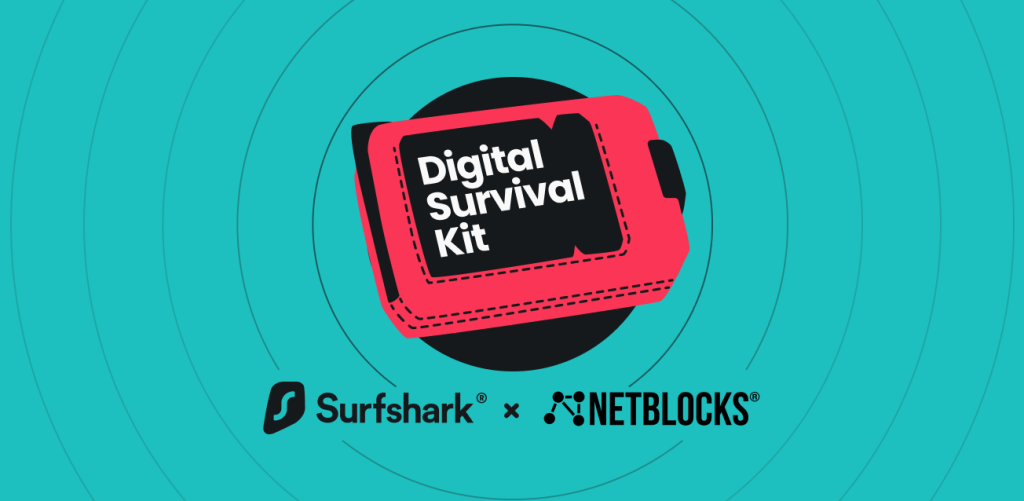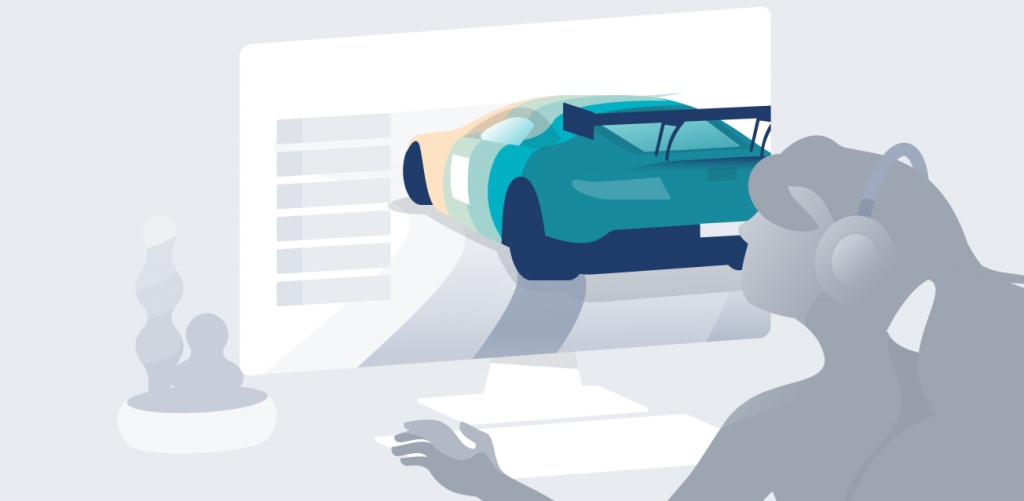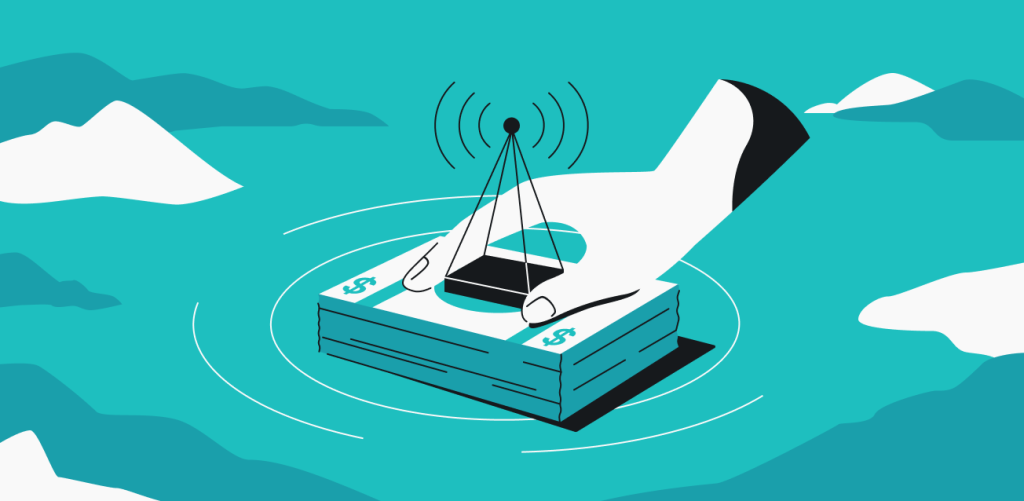
In our ever more connected age, it’s scary to see that some governments impose internet restrictions, leaving people unable to reach out to the world in critical moments. Our Internet Shutdown Tracker shows that since 2015, nearly 40% of the global population has faced network disruptions at least once.
Joined by Alp Toker, founder of internet watchdog NetBlocks, we’ll explore everyday solutions to combat connection disruptions, from throttling to mass-scale shutdowns. We’ll also give you a daily safety kit for safer web surfing that minimizes personal data exposure.
Table of contents
What is internet censorship?
Internet censorship is the control or suppression of what can be accessed, published, or viewed on the internet. Governments or private organizations may initiate internet censorship on the order of those in power.
The Internet Shutdown Tracker shows which countries have and are currently restricting internet use, citing cases from 2015 to the present day.
Using key data from NetBlocks, we explore the depths of online risks and identify the right tools for enhanced online safety. Continue reading, and don’t miss the video below!

What is internet throttling?
Imagine your internet deliberately slowed down, leaving you with a sluggish connection that makes sending a picture nearly impossible.
This is a casebook example of internet throttling, where your Internet Service Provider (ISP) intentionally slows down your internet, usually as a directive from your government. Add SNI (Server Name Indication) filtering into the mix, and the situation gets even more complicated.
Alp Toker says,
“SNI filtering enables ISPs to selectively target specific social media platforms like Youtube, Twitter, TikTok, and Instagram.”
In 2019, during a live speech by Juan Guaidó (who is an opposition leader to Venezuelan President Nicolás Maduro), disruptions in YouTube streaming services were undeniable, showcasing how this technology can prevent the public from accessing information.
Combating internet throttling
Awareness is the first line of defense. Platforms like NetBlocks monitor global internet restrictions, providing real-time updates on potential throttling.
If you’re already facing such restrictions, technology can be your hero. A VPN (Virtual Private Network) can avoid these restrictions by rerouting your connection to a different country, effectively hiding the type of service you’re trying to access from your ISP.
However, internet throttling is just the tip of the digital iceberg compared to some measures autocratic governments take to restrict internet access.
Staying connected during internet shutdowns
Consider a scenario where you face not just throttling but a complete internet shutdown. Such blackouts disrupt life, affecting phone services, banking operations, and healthcare. Typically initiated by government orders, these shutdowns can restrict access to the internet in specific locations or entire countries.
So how do we keep a connection when things get tough? There are a few different options, but it’s important to remember — they’re not without their risks.
Modems
While limiting, modems can be crucial during internet shutdowns. They can still pass on vital information, maintaining connectivity even with reduced functionality.
Satellite Internet
In many areas, satellite internet might be restricted during shutdowns. Still, it serves as a valuable resource for those affected, offering access to the web through bypassing networks.
Cross-border travel
Going to a region with active internet could be another potential solution. This allows people to stay in touch, access crucial information, and coordinate help or resources. However, it’s important to consider the safety and feasibility of this option.
International SIM cards
Switching to an international SIM can be a way around local restrictions, letting you stay online. Often, international SIM cards stay active when local services go dark.
Everyday safety kit: embracing privacy and security
While the risk of internet restrictions, censorship, or full-scale shutdowns may not be an immediate concern for everyone, the importance of online privacy and security is universal. Here are a few daily steps to protect your data and make your digital life safer.
Digital safety measures: | Description: |
|---|---|
Review location services | Just about every app will ask for permissions, and tracking your location is a common request. Carefully review and adjust these permissions to prevent sharing more data than you need to. |
Delete unused apps | Apps downloaded for one-time use can still collect data. Regularly review and delete these apps to reduce data collection points. |
Choose a safer browser | Pre-installed browsers may not focus on user privacy. Choose a browser that prioritizes safety, offers incognito mode, and doesn’t track your activities. |
Leverage local networks | While cloud services are convenient, they often share data with third-party providers. Use a local file-sharing network to keep your data within your control. |
Conclusion: your digital safety matters
At Surfshark, we stand against internet censorship and fully support internet freedom. When online threats cast a long shadow, staying informed is critical. We encourage you to stay alert and make informed decisions online — and our Digital Survival Kit is your go-to guide in the “always on” era.


